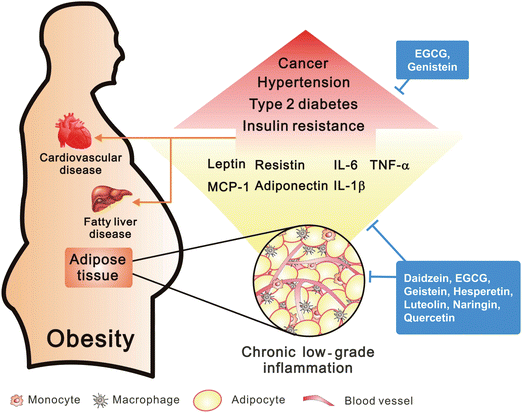In 2017, a number of studies have come out showing evidence that higher amounts of body fat are associated with increased risks of a certain cancers. The CDC recently reported that 40% of cancer in the United States is “obesity-releated.” What “obesity-releated” means is not yet entirely clear? The relationship between extra weight and cancer is thought to be related via increased inflammation or hormones ( insulin, sex hormones, and growth hormones) and that is why many of cancers associated with obesity involve our reproductive or digestive tracts (esophageal, colorectal, endometrial, gallbladder, stomach, kidney, liver, ovarian, pancreatic, thyroid and postmenopausal breast cancers).

So if obesity is associated with cancer, can weight loss help you reduce your risk? Until recently, we actually did not have a good answer to this question and because of this I rarely mention cancer prevention as benefit of weight loss. A large multi-center trial out of Kaiser just gave us a clear answer. The study compared the medical data of 22,198 people who had undergone weight loss surgery between 2005 and 2012 with 66,427 risk-matched individuals who did not go through surgery. The study found that in as little 3.5 years, the risk of cancer in surgery group was 33% lower. The risk of breast, colon, endometrial, and pancreatic cancer had dropped by a whopping 45-55%. This is a pretty shocking finding. It basically shows that large and sustained weight loss can decrease your risk of cancer in as little as 3.5 years which suggests that extra fat plays a more potent role in cancer development and growth than we may think.

It is worth noting that reduced risk of cancer in this study was only found in women but this was likely due to the fact that 80% study participants who received bariatric surgery were women.
This data confirms my belief that we should definitely be taking more aggressive approach in tackling and reversing our obesity. At Enara Health we are designing a bold care model that allows individuals to achieve surgical weight loss without the surgery (15-25% sustained weight loss maintained for over 5 years). Relationships and real food are at the core of our model and we do think we can achieve this goal over the next 5 years.
Coming full circle – this study does make me think deeper about the interconnection between our environment, food, weight, and hormones. As society we continue to evaluate food by calories but different types of food elicit different hormonal and metabolic reactions. These reactions impact our weight and health in far more potent ways than their calorie counts and its time we start tailoring our food to this new reality. So next time you grab that 100 calorie processed additive-loaded snack- ask yourself if those 100 calories elicit a 1000 calorie metabolic reaction.





